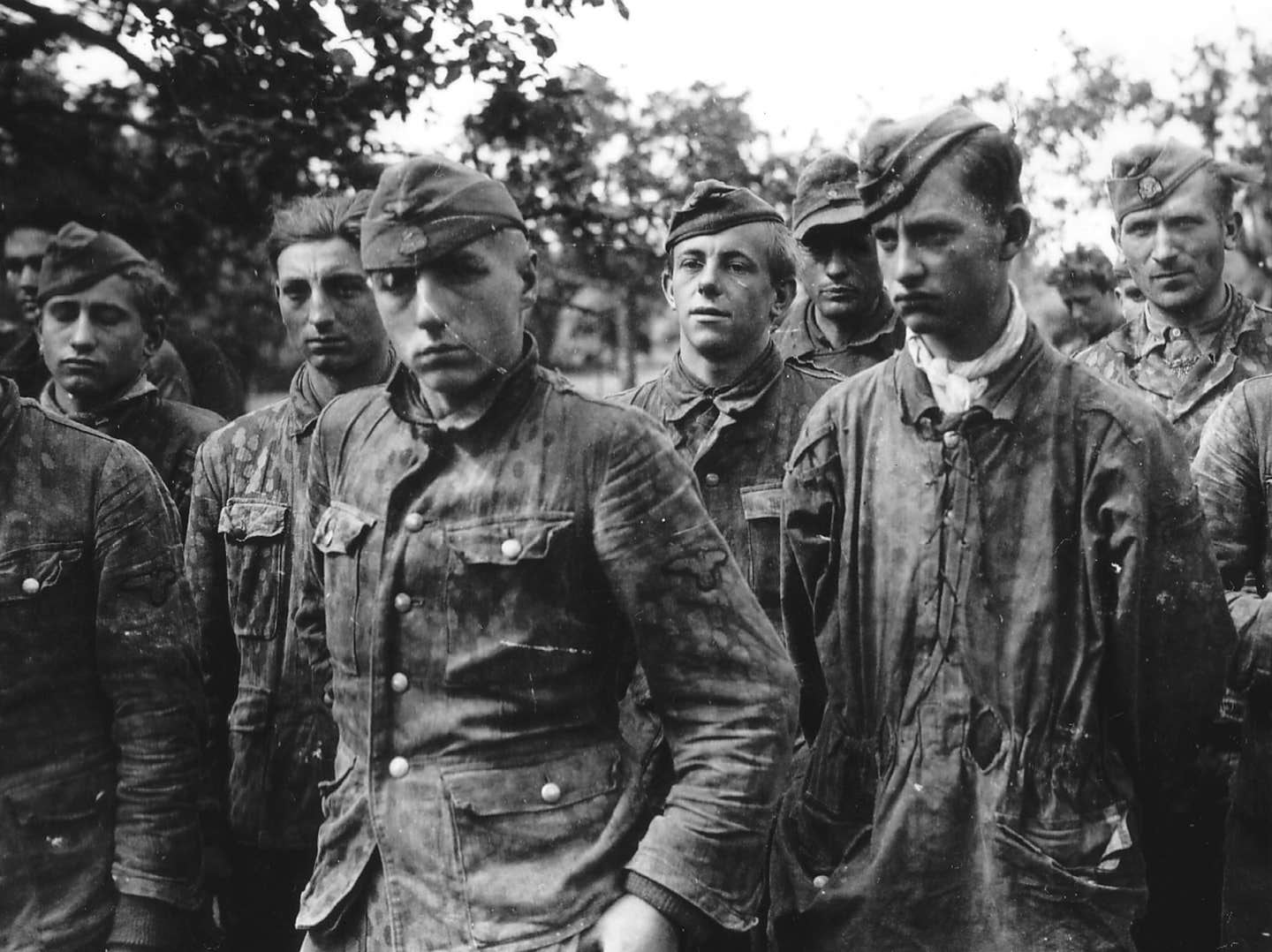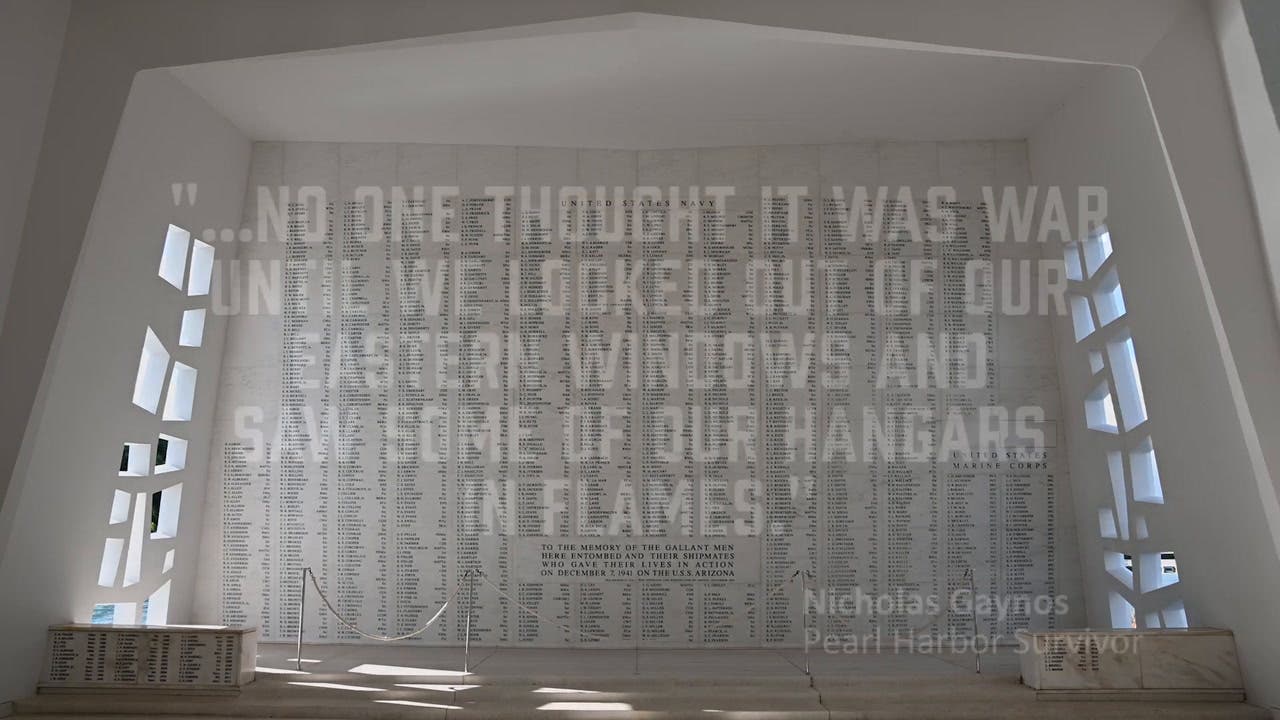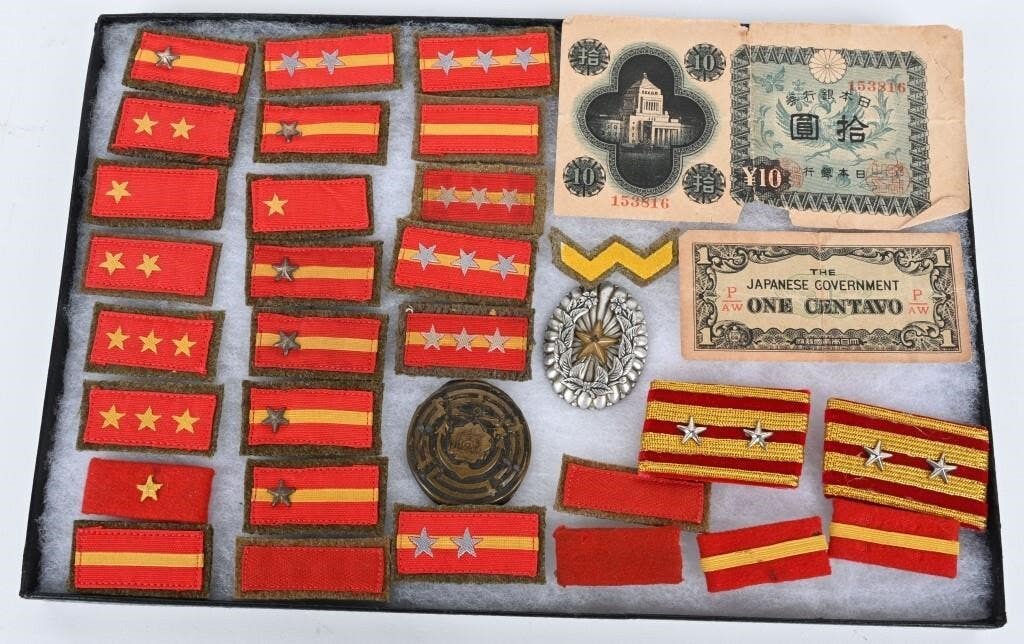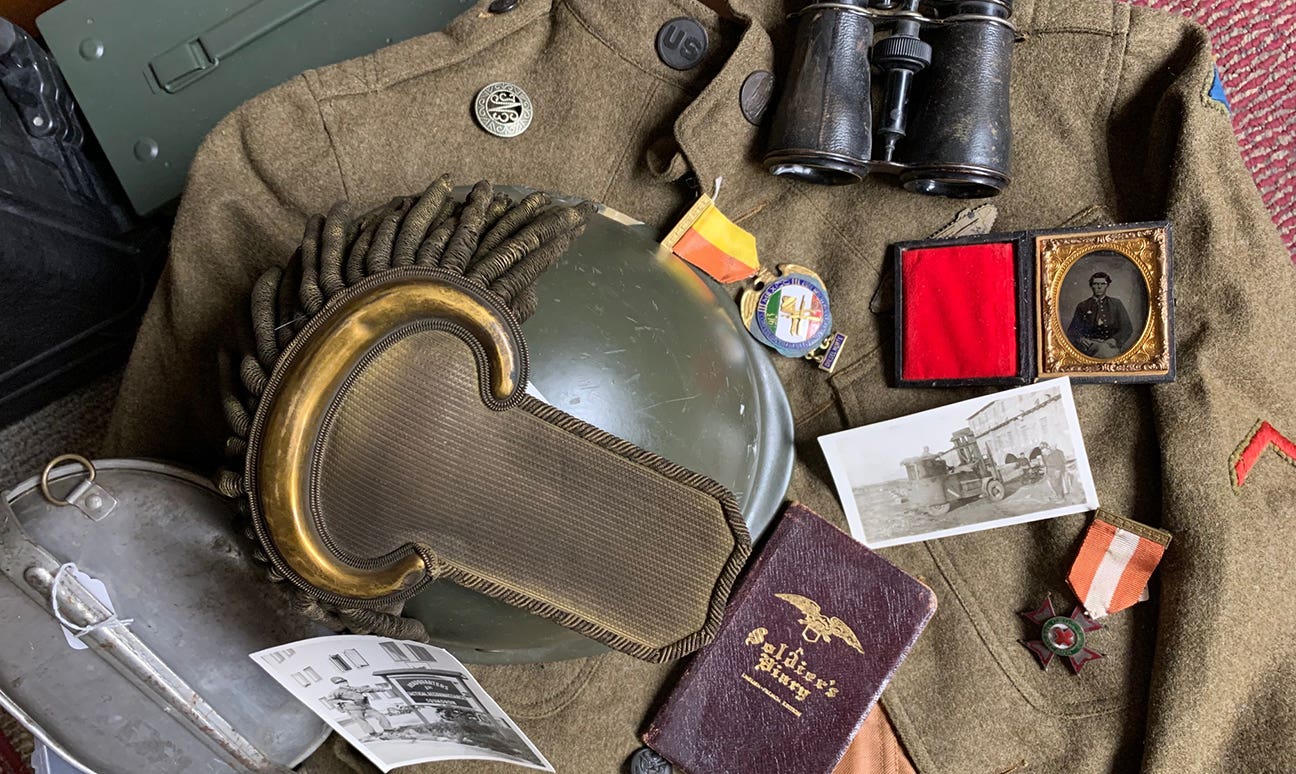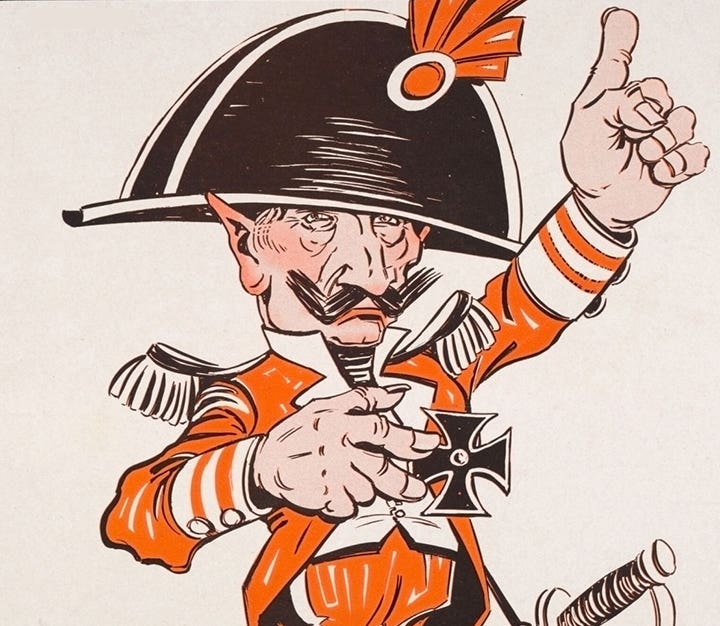Are Swastikas and Confederate Flags Doomed?
Are Swastikas and Confederate Flags Doomed? Just days after two people were gunned down in cold-blooded murder in Louisville, Kentucky, dealers and collectors gathered at the city’s Expo Center for…
Are Swastikas and Confederate Flags Doomed?
Just days after two people were gunned down in cold-blooded murder in Louisville, Kentucky, dealers and collectors gathered at the city’s Expo Center for the National Gun Day Show. While most of us have been wary of the day when the uninformed public would stumble through a militaria show, that didn’t seem to occur to some of the dealers. As you might expect, a reporter went through the show and was shocked by what he saw. Now, the rest of us may pay the price.
Louisville Courier-Journal reporter Thomas Novelly paid his entrance to walk around the show. While not surprised by the number of traditional and “black” firearms, what did pique his curiosity — and subsequent ire — were vendor displays that included a KKK robe, Confederate flags, Nazi Christmas ornaments, and other Third Reich relics displaying — wait for it — swastikas.
And the result? The Kentucky State Fair Board (appointed by Gov. Matt Bevin and manages the state-owned Kentucky Expo Center) held a meeting on November 15 during which Mark Lynn, the chairman of the Board, planned to propose a ban on items that, according to his statement to the Courier, “represent hate, like Nazi and KKK symbols,” from future shows.
If you haven’t made the connection yet, The Kentucky Expo Center has been the home of the Ohio Valley Military Society’s “Show of Shows” — the largest and most important gathering of military relic collectors in the United States. The ramifications are obvious.
POLITICS AND COLLECTING DON’T MIX
Believe me, nobody understands the arguments for keeping politics out of collecting more than me! There isn’t a show when several people lecture me about how “The Confederacy was about states’ rights” or “The Waffen-SS were just soldiers.” I have heard all of the explanations and justifications.
In addition to politics, I have always tried to keep psychology out of the magazines, though I have committed a lot of time and thought to it. The psychological needs that are satisfied by collecting can take one of a myriad of paths — and a lot of those can be dark. That’s why I avoid talking or writingabout it — I am a bit shy about what it might reveal about myself!
MY FIFTH GRADE TEACHER WAS WRONG
I was devastated when Mr. Becker handed back our test on the American Civil War when I was in fifth grade. It was not marked with the “A+” I expected, but rather, just an “A” — 98%. I had one wrong answer.
Where the question asked, “What was the main cause of the Civil War,” I wrote, “Slavery.” Mr. Becker checked the answer with red pencil and inserted, “States Rights,” underlining both words. That has eaten at me for years. Heck, a psychologist would have a field day with just that one episode!
In the many years since that exam, I have come to understand Mr. Becker was simply a product of his generation. For decades following the end of the Civil War, our nation retained first-hand memories of it. Even today, some of us may even remember knowing one or two of the last veterans before they faded from the landscape but not our collective memory. These veterans,children of veterans, and friends and neighbors of them celebrated the fact that the war was fought for “some greater good.”
Because our nation still feels very strong personal connections to those who fought in the Civil War, I can understand the desire to project Confederate leaders as “benevolent slaveholders” or Southern soldiers as “fighting for States’ rights” (which, as it turns out, is a way of saying, “the right to determine whether residents could buy, hold, and sell other human beings”). How could anyone lovingly remember their great-grandfather if our society succeeds in casting him in the light of “fighting to preserve slavery?”
Regardless, we all want to be proud of our heritage. Over time, we tend to repair history so that we can retain that pride. That’s what psychologists will call “reflective nostalgia” — the imperfect process of remembrance.
NO SUCH THING AS A “GOOD NAZI”
Now take WWII… Even though there are a whole lot of people in the United States with a strong Germanic background, a family connection doesn’t seem to have that much impact on the desire to preserve the image of the German soldier in WWII. Rather, it is the idea of a German soldier's strong sense of loyalty, duty, and commitment that some admire today. They want to believe the motivation for the average German was noble while being forced to serve a regime that, well, had some really heinous ideas.
While I didn't have any ancestors take up arms for the Confederacy, I did have a cousin who flew in the Herman Goering Geschwader during WWII. Regardless of intellectually acknowledging that he "fought for Nazis and the Nazi ideal," I take a more nostalgic approach when talking about the time his squadron attacked a flight of B-17s in which his own first cousin and boyhood penpal was swiveling in the turret of one of the bombers. I usually leave out the fact that "Willie" had gone through indoctrination as a Hitler Youth member and was a card-carrying member of the Nazi party. In my mind, Willie has become a “good Nazi.” Nostalgia has protected me from having to acknowledge the darker part of Willie's history.
I suspect I am like many collectors who employ a sort of “selective nostalgia” by looking at the military aspects and not so much at the political aspects. Unfortunately, the non-collecting community tends to view history exactly opposite of the way we do.
ACCEPTANCE BEGINS WITH THE TRUTH
It used to be easy to pursue our hobby interests within the relatively calm, quiet confines of shows, vehicle rallies, or reenactments. Today, however, the tool that so many of us love to use every day — the internet — has become the tool of our possible demise. With the click of a “send button,” people who misunderstand our motives as collectors can send out a shot across the bow of thousands, implying that racists and Nazis are gathering at a public venue. No matter what explanation we can offer in return, it falls short. At best, the pundits (from both the social media and the professional media) will accuse us of being apologists; racists, at worse.
You and I know we are simply collectors who really like military history. But, like the little kid trying to plug the holes in the dike, it is a bit late for us to come out of our closed events to try explaining, “HEY! We are merely history enthusiasts.”
I don’t have the answer to how to fix this, but I was raised to believe that the truth is the first step toward mutual respect. The “truth” about the Civil War…no matter what all the other examples about tariffs, mechanization, or agriculture claim…was about slave owning. The nation was expanding, and there was a great fear among the wealthy that the balance of slave-owning states versus non-slave owning states would be tipped, ultimately leading to the preservation or destruction of a slave-based economy.
Okay, okay, I know your great-grandfather didn’t own slaves nor ever said a bad word about African Americans, but follow the money. Your great grandfather probably wasn’t in the legislature, because folks without money usually don’t end up there. However, and no disrespect to your great-grandfather intended, he probably listened to those money-holders who said, “The North is wanting to ruin our way of life.”
To your great-grandfather, that meant, his way of raising a family and tending his land or business was at risk. To the decisions makers, however —and this is where I implore you to be honest — it was about the money. And nothing made more money than producing a product with no labor costs. That is what was at stake.
All those other jingoistic explanations were given in order to motivate others to protect the institution of slavery. Great grandfather may not have known or even cared if that was the underlying reason for the War. From his perspective, he was fighting to preserve his way of life. But, he was just one man. The money to finance the Rebellion came from the South's slave economy.
To be fair, slavery wasn’t just a Southern thing. Northern money wanted to protect their investments. Because the slave-based economy of the South threatened those investments, it became obvious to Northern money that they needed to crush the Southern economy. Making the war about slavery was a way for northern financiers to maximize their profits. So, yes, the war was over slavery, but that was just a facade for the money the “peculiar institution” represented — or threatened.
And as for the other boogeyman of collecting, the Third Reich, the truth that will enable us to carry on discussions (and avoid our own demise) is to acknowledge — up-front and loudly —that the Reich’s goal was world domination and sweeping “undesirable” races from it. My cousin Willie may or may not have believed that, but it is that cause he ultimately served. And while I have created all sorts of nostalgic arguments to justify that Willie was “just a soldier,” he was a cog in Hitler’s war machine.
Hitler wanting to dominate the world and rid it of various groups of people is something we cannot fail to communicate or attempt to justify. It’s pretty heavy stuff and will always be the elephant in any room where collectors and the non-collecting public come into contact. If we stand a chance of surviving this current onslaught on our hobby, we have to begin by acknowledging that elephant…and not just with a passing glance. Rather, we have to see and describe the elephant for the destructive power it possessed.
Swastikas and Confederate flags don’t have to be doomed. Buying, selling, and collecting military and historic relics, however, comes with a heavy burden of responsibility. That burden is to represent the history based on truths rather than nostalgia. We must drive the conversation. Like it or not, that conversation has started, and we are late to it.
If our conversations with those who don’t understand our hobby can begin with, “War is a terrible thing, no matter where or who is involved. We collect so that the horrors are never forgotten…,” we stand a better chance than if we try to sugar-coat the truth with warm, fuzzy nostalgia about “benevolent Confederates” or “good Nazis.” Nostalgia simply isn't loud enough to impact today’s conversation.
Acknowledge the truth and we will be able to
Preserve the Memories,
John Adams-Graf
Editor, Military Trader and Military Vehicles Magazine
John Adams-Graf ("JAG" to most) is the editor of Military Trader and Military Vehicles Magazine. He has been a military collector for his entire life. The son of a WWII veteran, his writings carry many lessons from the Greatest Generation. JAG has authored several books, including multiple editions of Warman's WWII Collectibles, Civil War Collectibles, and the Standard Catalog of Civil War Firearms. He is a passionate shooter, wood-splitter, kayaker, and WWI AEF Tank Corps collector.



